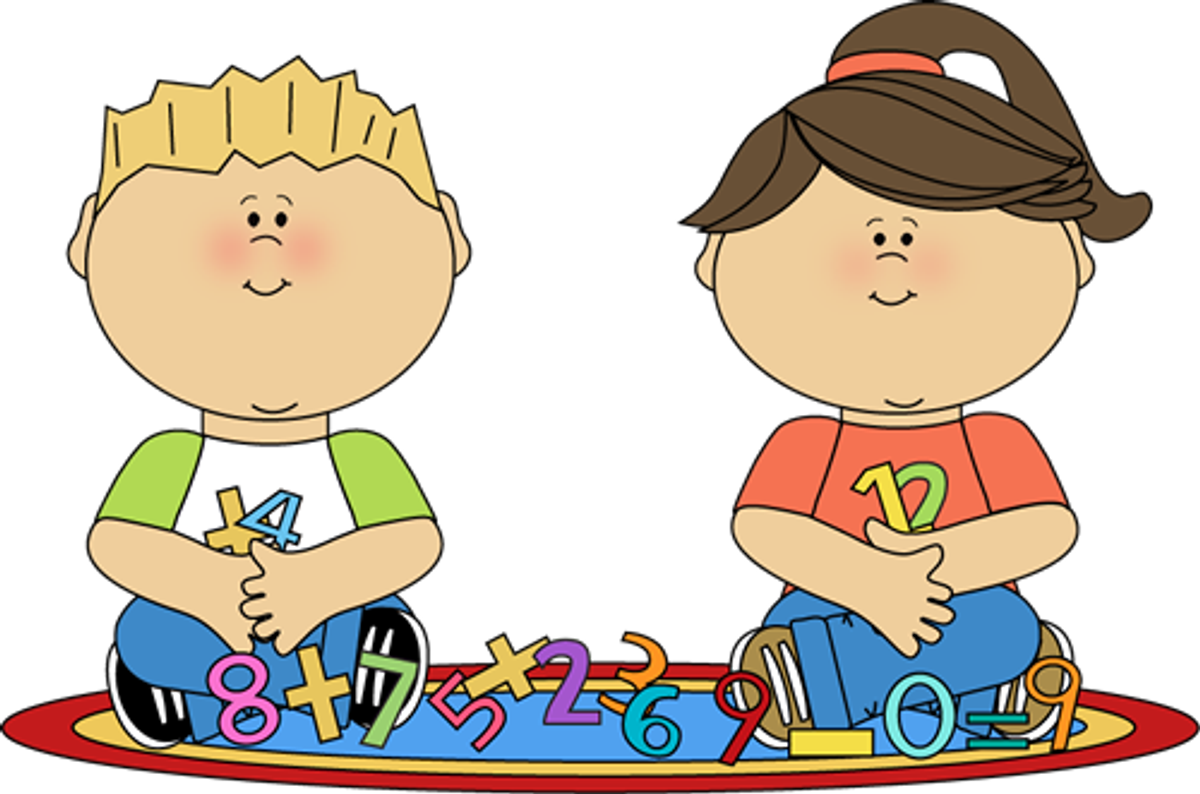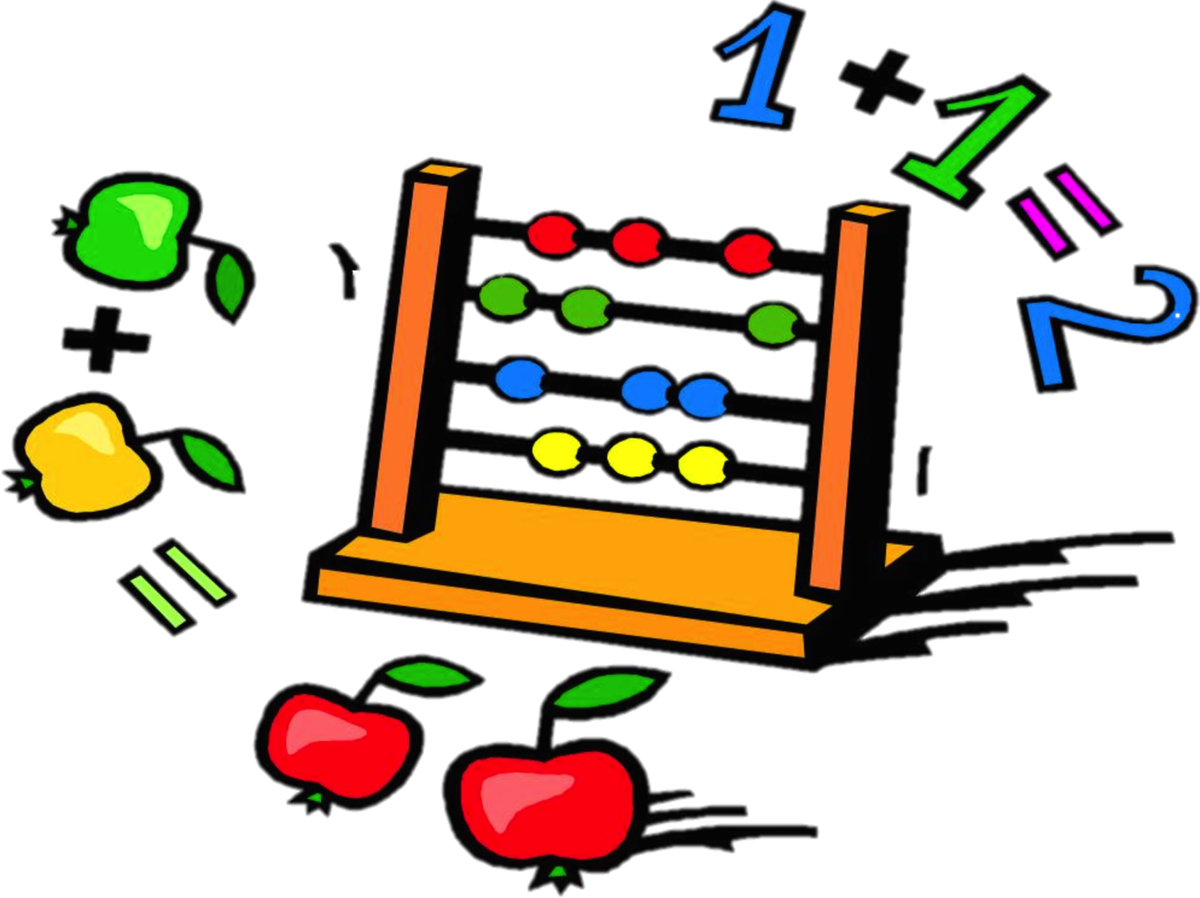Learning &
Teaching
Deputy Principal - Miss Susanne Jackson

Learning &
Teaching
Deputy Principal - Miss Susanne Jackson


Family participation in learning is one of the most accurate predictors of a child's success in school and beyond. Providing opportunities to discuss and engage in mathematics supports your child’s learning in and out of school. Your child will also begin to connect the importance of maths with their everyday activities, such as navigating public transport, comparing and choosing the best item to buy in stores, setting a budget, and cooking.
Talk positively about maths so your child also values it. If your experiences in maths at school were less than ideal, avoid making comments like, 'I was bad at maths at school,' or, 'I didn't like maths because it was too hard.' Comments like these can lower your child’s expectations of themselves and can perpetuate myths about people being naturally bad or good at maths.


Also, if you did well at maths in school, avoid jumping in with answers or solutions. Encourage your child to talk about how they might work out maths problems. This helps boost their confidence and deepens their understanding. Regardless of your own school experiences in maths, be reassured that maths today is focused on recognising that there are multiple ways to get an answer and finding the most efficient strategy. There are many activities on our home learning site that you can do at home to help explore maths with your child. When participating in these activities, avoid associating them with speed. Expecting your child to work quickly on maths can cause maths anxiety. Try to focus on the process and not the outcome.
Don't forget to support your child to engage in ongoing practice of the skills they are learning at school. Go to our home learning portal for ideas or if you have any questions about your child’s home learning, please contact your child’s teacher.
For more home learning ideas, please click on the link below to visit your child’s Home Learning Page.